Markets rise and fall and sometimes can even be shut down (who knew?). It should be highlighted that investment in any instruments other than fixed income securities is generally considered volatile. A faint heart and roller coaster emotions, for the most part, should be avoided when one ventures in the investing and trading arena. Overreactions, panic and following the herd may lead to one “selling too low or buying too high”. Emotions driven trading decisions do not aid the long-term view very well and may lead to avoidable losses.
Humans are emotional creatures. The big question is, “How then can we avoid these emotional snags?”
- Do not fall prey to sensationalised news headlines
Journalists are trying to sell their content. As such, they tend to hype up their headlines. Overreacting to everything you hear on the news is usually a mistake. While it is important to stay abreast of developments and know what is going on, do not rush to make decisions based on headlines.
By investing in different asset classes or spreading your risk across different stock market sectors, you buffer your portfolio against extreme losses. Hedge your portfolio; Do not put all your eggs in one basket, do not carry the baskets on the same hand, keep the baskets in different places.
Markets tend to auto correct. In the event of a downward movement, there will be an upswing as the market self corrects. If you keep your emotions in check and not panic sell when the market dips, you will not lose any value in the long term.
- Set up your investment goals and stick to your overall plan
This will stop your making decisions on the fly. While you may change the actual components of your portfolio over time ( rebalancing), having a set path to follow gives you the direction you need.
- Never go into an investment with expectations of quick returns and fast money
“Investing should be more like watching paint dry or watching grass grow. If you want excitement, take $800 and go to Las Vegas.” – Paul Samuelson. I could not have said it better than that.
- Do not blindly follow the herd
A sense of belonging is a basic human instinct but just following in the footsteps of others might lead you into making poor emotions-based judgements. Research and query the behavior of other market players. Make rational decisions based on assessment and enquiry not just because everyone is doing it. In the words of Warren Buffet, “ Most people get interested in stocks when everyone else is. The time to get interested is when no one else is. You can’t buy what is popular and do well.”
Investors lose money by becoming attached to a particular instrument. When you become loyal to a stock, it clouds your judgement. You might end up losing money if you keep holding on to something that you should sell for example. Sentiment is not a strong suit in the investing and trading game.
You need sound investment advice especially when markets are on a slide. Your broker or analyst can help calm your fears. They are equipped to give you rational and sound advice as you build your portfolio.
Overall, the only constant is change itself. This is especially true for financial markets; the only constant is market volatility. Remaining rational and level-headed will go a long way in helping you achieve your investment goals.
Piggy encourages investors to consider other alternative trading and investing platforms where they can trade instruments such as forex, indices, commodities and global equities (Click on Image)

Visit Piggy’s Online Store here;
Learn more about trading and investing in shares and forex by being part of the Green Piggy Bank on your Cell-phone Campaign;

piggybankadvisor.com is an educational platform that empowers individuals, households and small businesses through educational and insightful articles and blogs. Topics covered include economics, stocks, budgeting, retirement & risk planning, wealth management tips and financial product reviews.


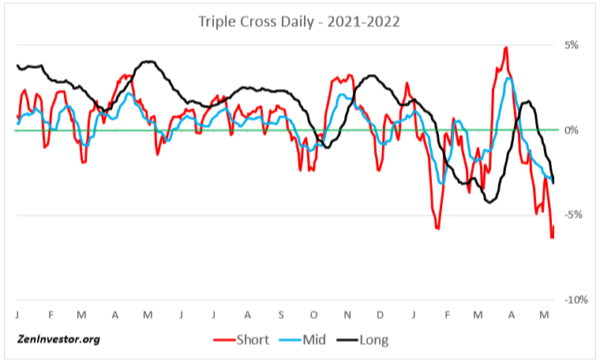
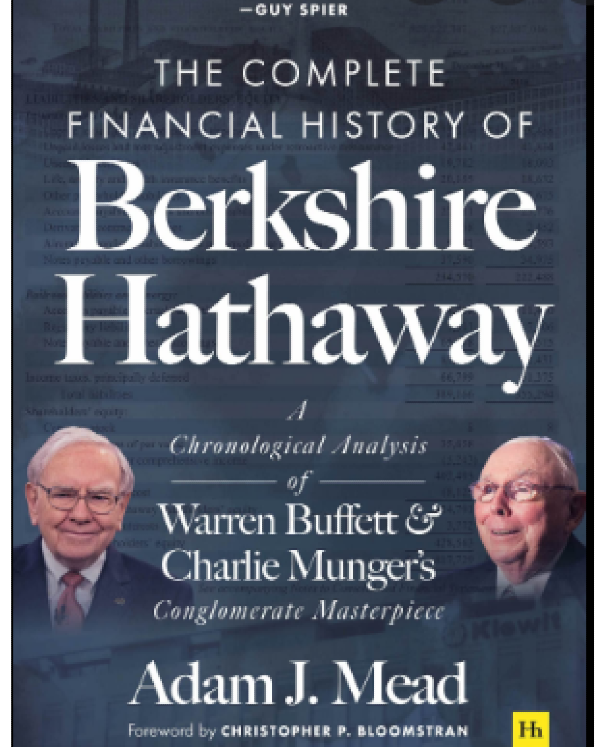


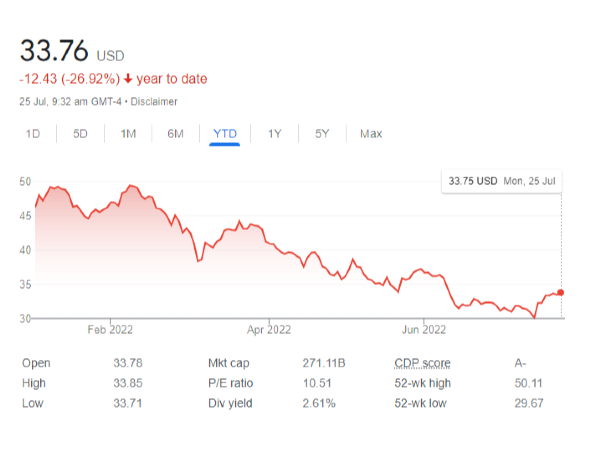

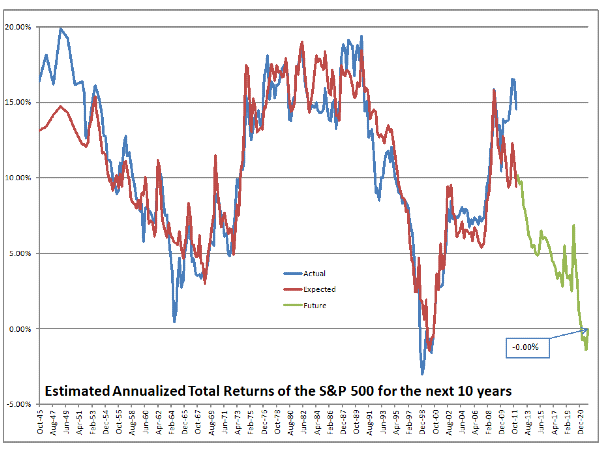

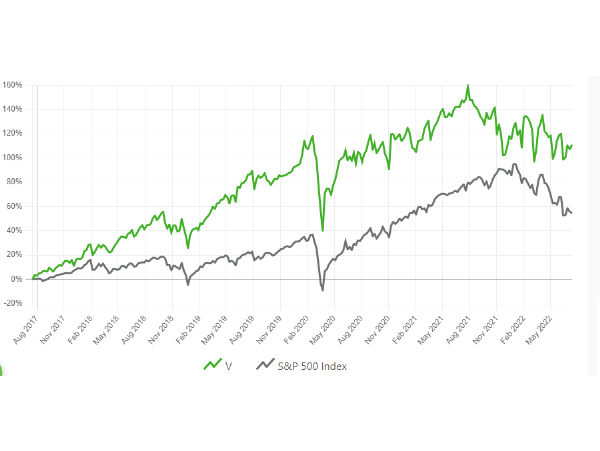


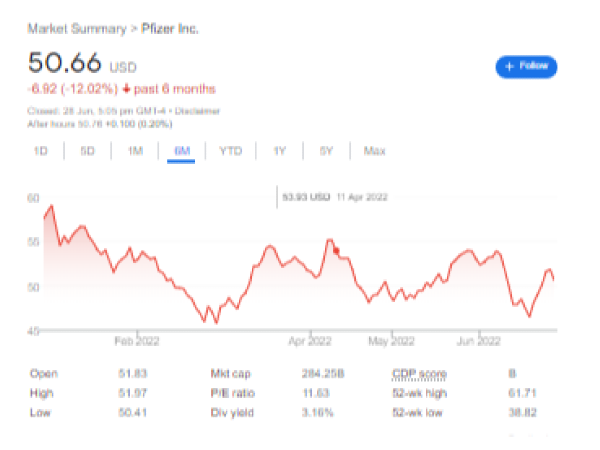
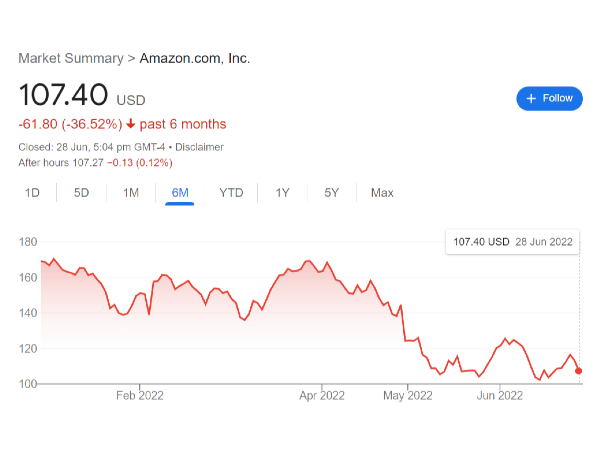





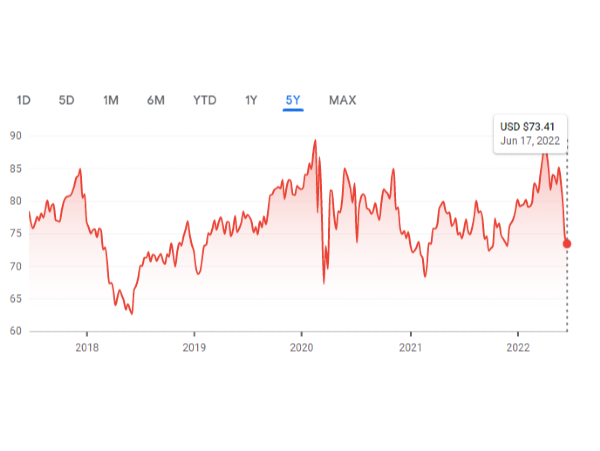









Markets rise and fall and sometimes can even be shut down (who knew?). It should be highlighted that investment in any instruments other than fixed income securities is generally considered volatile. A faint heart and roller coaster emotions, for the most part, should be avoided when one ventures in the investing and trading arena. Overreactions, panic and following the herd may lead to one “selling too low or buying too high”. Emotions driven trading decisions do not aid the long-term view very well and may lead to avoidable losses.
Humans are emotional creatures. The big question is, “How then can we avoid these emotional snags?”
Journalists are trying to sell their content. As such, they tend to hype up their headlines. Overreacting to everything you hear on the news is usually a mistake. While it is important to stay abreast of developments and know what is going on, do not rush to make decisions based on headlines.
By investing in different asset classes or spreading your risk across different stock market sectors, you buffer your portfolio against extreme losses. Hedge your portfolio; Do not put all your eggs in one basket, do not carry the baskets on the same hand, keep the baskets in different places.
Markets tend to auto correct. In the event of a downward movement, there will be an upswing as the market self corrects. If you keep your emotions in check and not panic sell when the market dips, you will not lose any value in the long term.
This will stop your making decisions on the fly. While you may change the actual components of your portfolio over time ( rebalancing), having a set path to follow gives you the direction you need.
“Investing should be more like watching paint dry or watching grass grow. If you want excitement, take $800 and go to Las Vegas.” – Paul Samuelson. I could not have said it better than that.
A sense of belonging is a basic human instinct but just following in the footsteps of others might lead you into making poor emotions-based judgements. Research and query the behavior of other market players. Make rational decisions based on assessment and enquiry not just because everyone is doing it. In the words of Warren Buffet, “ Most people get interested in stocks when everyone else is. The time to get interested is when no one else is. You can’t buy what is popular and do well.”
Investors lose money by becoming attached to a particular instrument. When you become loyal to a stock, it clouds your judgement. You might end up losing money if you keep holding on to something that you should sell for example. Sentiment is not a strong suit in the investing and trading game.
You need sound investment advice especially when markets are on a slide. Your broker or analyst can help calm your fears. They are equipped to give you rational and sound advice as you build your portfolio.
Overall, the only constant is change itself. This is especially true for financial markets; the only constant is market volatility. Remaining rational and level-headed will go a long way in helping you achieve your investment goals.
Piggy encourages investors to consider other alternative trading and investing platforms where they can trade instruments such as forex, indices, commodities and global equities (Click on Image)
Visit Piggy’s Online Store here;
Learn more about trading and investing in shares and forex by being part of the Green Piggy Bank on your Cell-phone Campaign;
piggybankadvisor.com is an educational platform that empowers individuals, households and small businesses through educational and insightful articles and blogs. Topics covered include economics, stocks, budgeting, retirement & risk planning, wealth management tips and financial product reviews.
Originally Posted on piggybankadvisor.com